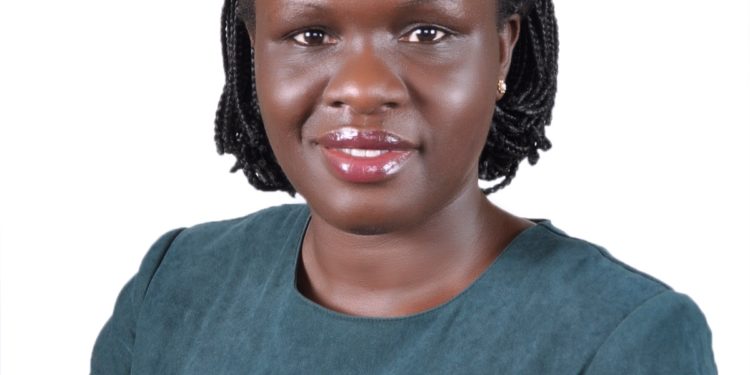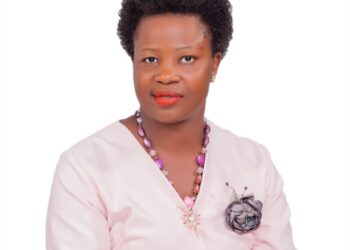By Carolyne Muyama
It is months now since the world was hit by a monster virus code-named coronavirus that causes COVID-19 disease whose remedy scientists and doctors are still grappling with. It began from China and it looked like it would be contained there until it spread to other parts of the world. Now it is everywhere. For a while, Africans thought it wasn’t a thing for blacks until countries started reporting cases and now deaths. This proved that everyone is vulnerable, no matter the race or social status. It is in the slums, the palaces, and State Houses.
It is upon every individual to jealously protect their space and follow the World Health Organisation (WHO) and hygiene measures put in place by the Ministry of Health. Correctly and consistently washing hands with soap, use sanitizer, avoid touching the soft parts of the face i.e eyes, nose and mouth, keep a social distance of the recommended 4 meters, and above all report all suspected cases to avoid infections.
In Uganda when the first case was reported, the President announced the closing of schools, places of worship, stopped large gatherings at marriage and burial ceremonies, and advised that these should be attended by the few necessary people. A few days later there was a partial lock-down with restricted movement of vehicles and people with a curfew starting from 7 PM- 6 AM. Most businesses are closed apart from those which sell foodstuffs and medical supplies.
This was new to Ugandans and there was a bit of panic and anxiety with people storming supermarkets to stock up on supplies for the days ahead. Some people were simply scared of staying home without going out and without socializing- Ugandans love partying!
Personally, the idea of growing an emergency fund made more sense than ever before. Everything came into perspective. There is a tendency to think things will always be as we know them but the pandemic has shown that things can change in a blink of an eye. It is better to prepare and nothing happens than not to prepare and hell breaks loose.
In an effort to understand finance, I have come across a lot of content talking about the importance of an emergency fund. Which is money put away for one to survive on for at least six months or a year should there be an interruption with their source of income. Most experts recommend an equivalent of one’s year’s salary. The idea is to live the lifestyle you are living for 6 months to 1 year of no income without struggling.
This fund is handy should one fall sick of an expected illness or get any sort of an unexpected problem. It is different from savings. Savings can be invested into anything of one’s choice but an emergency fund is just for that- emergency.
But how many of us do this especially in Africa or my Uganda? We are used to abundance, where fresh food is available and there is a sense of community. We didn’t ever imagine that one day, the whole world will shut down and everyone would be asked to stay home for safety. This was such a shocking turn of events. According to Bank of Uganda, only 3-5% of Ugandans save a portion of their monthly earnings regularly. Only 12% of Ugandans have bank accounts (Uganda Bureau of Statistics).
Of course, with this experience, many things will change going forward. Like how the people who experienced war appreciate peace, we might be more appreciative of what we have and use the resources at our disposal sparingly.
My biggest take away from this pandemic is not only diversifying income but to not eat with all fingers but deliberating growing my emergency fund because tomorrow is not promised to anyone. I was surprised to hear some Ugandans claiming NSSF should release a portion of their savings to use during this pandemic. That was just a week into the crisis. If the ones with an income were hit that hard, how about those whose survival depends on chance? I think as long as you have an income you are capable of saving and saving takes discipline. Discipline is cultivated over time.
Do you have a story in your community or an opinion to share with us: Email us at editorial@watchdoguganda.com













